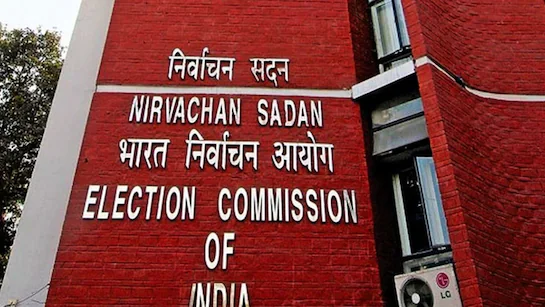The Election Commission will announce the dates for the Bihar Assembly Election 2025 today at 4 PM through a press conference. Reports suggest that this time, the Commission aims to complete the voting process in fewer phases. Political parties’ feedback has also been considered in this decision. But the key question is—how does the Election Commission decide the number of phases in an election, and is there a specific formula behind it?
Conducting elections in a vast democracy like India is a massive administrative and security challenge. Every state has its own geographical, social, and political complexities. Hence, the Election Commission adopts not just a political but also a scientific and strategic approach while deciding the number of voting phases. The core objective is to ensure that elections are conducted fairly, peacefully, and transparently.
Before finalizing the phases, the Commission seeks detailed reports from the Ministry of Home Affairs, state administrations, and intelligence agencies. These reports identify areas that are sensitive, Naxal-affected, or prone to law-and-order issues, along with assessing the availability of security forces. Based on this data, the Commission evaluates whether voting across the entire state can be done in a single day or needs to be spread out over multiple phases.
In states where the security situation is stable—such as Kerala, Tamil Nadu, or Goa—elections are usually held in a single phase. However, in larger and more sensitive states like Bihar, Uttar Pradesh, West Bengal, or Jharkhand, voting typically takes place in several phases. This phased approach allows the same pool of central security forces to be deployed in different regions sequentially, ensuring better coverage and safety.
Other practical factors, such as weather conditions, festivals, examination schedules, and administrative readiness, also play an important role in determining election dates and phases. Ultimately, the Election Commission’s goal is not just to conduct an election but to ensure that every citizen can vote freely, safely, and efficiently, upholding the spirit of India’s democracy.

